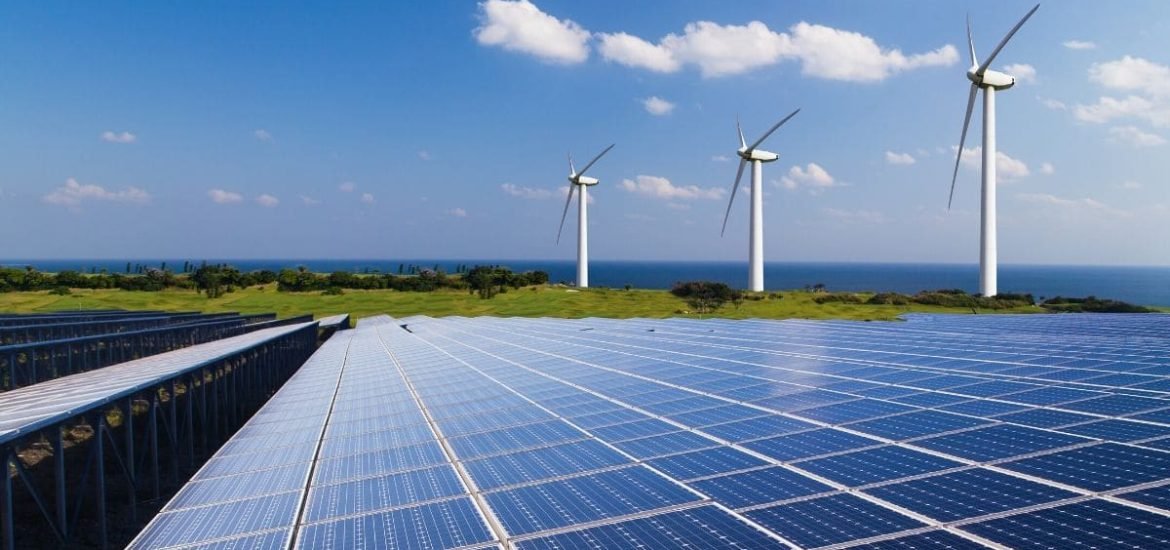
The current international health crisis could lead to a much-welcomed fall in global carbon dioxide (CO2) emissions, however, while a boon for the climate in the short-term, the slowdown in global emissions is not sustainable. In reality, the escalating coronavirus outbreak could stymie long-term climate action.
Indeed, the environmental benefits due to the economic fallout from the virus may be shortlived and could undermine clean energy investment, according to the International Energy Agency (IEA), the global energy watchdog.
“There is nothing to celebrate in a likely decline in emissions driven by economic crisis because in the absence of the right policies and structural measures this decline will not be sustainable”, warned IEA executive director Fatih Birol.
As of 16 March, the number of confirmed COVID-19 — the disease caused by the new virus, known as SARS-CoV2 — cases has soared above 164,000 and the current death toll sits at 6,470. Last Wednesday (11 March), the World Health Organization (WHO) declared the outbreak a global pandemic.
If anything, this unpreceded crisis has demonstrated that politicians and business leaders are capable of taking drastic emergency action to protect human health. And also clearly demonstrates the effects of behavioural changes on both the spread of disease and greenhouse gas emissions. Environmental campaigners argue that governments should act with the same urgency in dealing with the climate crisis.
Mounting evidence shows that the health crisis has reduced carbon emissions more than any policy – for instance, actions by the Chinese authorities to control the outbreak inadvertently resulted in a massive 25 per cent reduction in CO2 emissions.
The economic impact from the virus could continue for months to come, as businesses close their doors and further travel restrictions are put in place in an effort to contain its spread. Drastic measures, including widespread flight cancellations and work-from-home measures, have led to the steepest drop in oil prices in three decades. Importantly, reduced CO2 emissions could buy some time for climate action.
A global slump in global CO2 emissions is certainly something to be celebrated, however, an economic recession will potentially divert much-needed investment away from clean energy projects. Analysts are forecasting a decline in the growth of the solar power industry, the first since the 1980s, according to a report from Bloomberg New Energy Finance, and sales of electric cars are predicted to fall, too.
To prevent this from happening, the IEA is calling on policymakers to use green investments to boost economic growth once the coronavirus outbreak is under control and the markets start to recover. Birol has urged governments to use the downturn in global oil prices to move away from fossil fuel subsidies and direct stimulus packages towards boosting healthcare spending and funding clean energy projects.
As little as 10–30 per cent of US$370 billion (around €330 billion) in annual coal, oil and gas subsidies could support a worldwide transition to renewables, according to a report published last year by the Global Subsidies Initiative (GSI).
Birol said: “We have an important window of opportunity. Major economies around the world are preparing stimulus packages. A well designed stimulus package could offer economic benefits and facilitate a turnover of energy capital which have huge benefits for the clean energy transition”.
I figure higher CO2 emissions will help crops grow. Higher crop yields will lead to increased health both directly and indirectly. I understand the average green house adds CO2 to around 800-1200 ppm, so we have some way to go enabling plant life and thereby our lives.